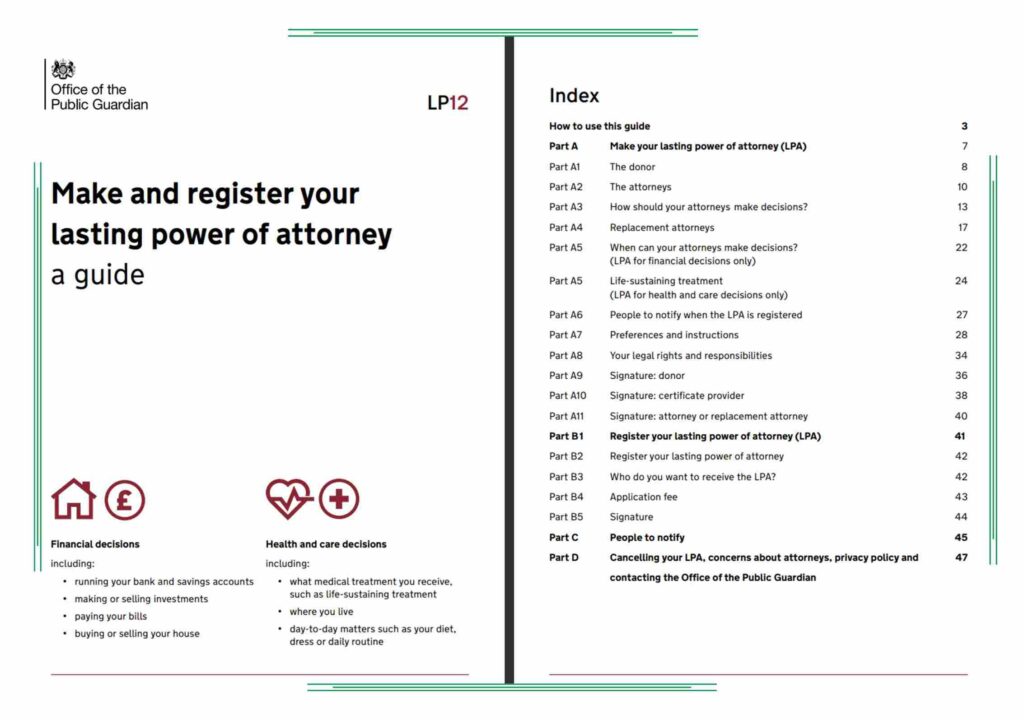“Who Can Override a Power of Attorney UK,” it’s important to note that certain individuals or entities may have the authority to override a POA under specific circumstances. A Power of Attorney (POA) is a legal document that grants authority to an individual or entity (the attorney) to act on behalf of another person (the donor) in making decisions and managing affairs. This authority can be broad or limited, depending on the specific terms outlined in the POA document. The donor retains the right to revoke or modify the POA as long as they have the mental capacity to do so.
The importance of a Power of Attorney cannot be overstated, particularly in situations where the donor may become incapacitated due to illness, injury, or aging. By creating a POA, individuals can ensure that their affairs are managed effectively and according to their wishes even if they are unable to make decisions themselves. This includes financial matters, healthcare decisions, property management, and other legal and personal affairs. Without a POA in place, family members may face challenges and delays in handling critical matters on behalf of the incapacitated individual.
In the UK, the Power of Attorney framework allows individuals to appoint trusted persons or professionals to act as their attorneys. There are different types of POAs, including Lasting Power of Attorney (LPA) and Enduring Power of Attorney (EPA). LPAs cover decisions related to health and welfare or property and financial affairs, while EPAs, although no longer used for new registrations, may still be valid if created before October 1, 2007.
Who Can Override a Power of Attorney UK?

Hello, I’m Inna Evdokimova, an IP Lawyer and Patent Attorney based in the United Kingdom. With a passion for intellectual property law, I specialize in providing expert guidance and legal representation to clients navigating the complexities of patent law in the UK.
With years of experience in the field, I’ve cultivated a deep understanding of the intricacies of intellectual property rights, empowering individuals and businesses alike to protect their innovations and creations effectively.
Through my website, powerofattorneyuk.uk, I aim to serve as a valuable resource for those seeking clarity and assistance in matters of patent law and intellectual property rights. Whether you’re looking to secure a patent for your invention or require guidance on IP-related legal issues, my mission is to provide you with personalized, reliable solutions tailored to your unique needs.
I’m dedicated to helping my clients safeguard their intellectual property assets and navigate the legal landscape with confidence. With a commitment to excellence and client satisfaction, I strive to deliver results-driven strategies and advocacy that exceed expectations.
I look forward to the opportunity to assist you on your intellectual property journey and help you unlock the full potential of your innovations.
